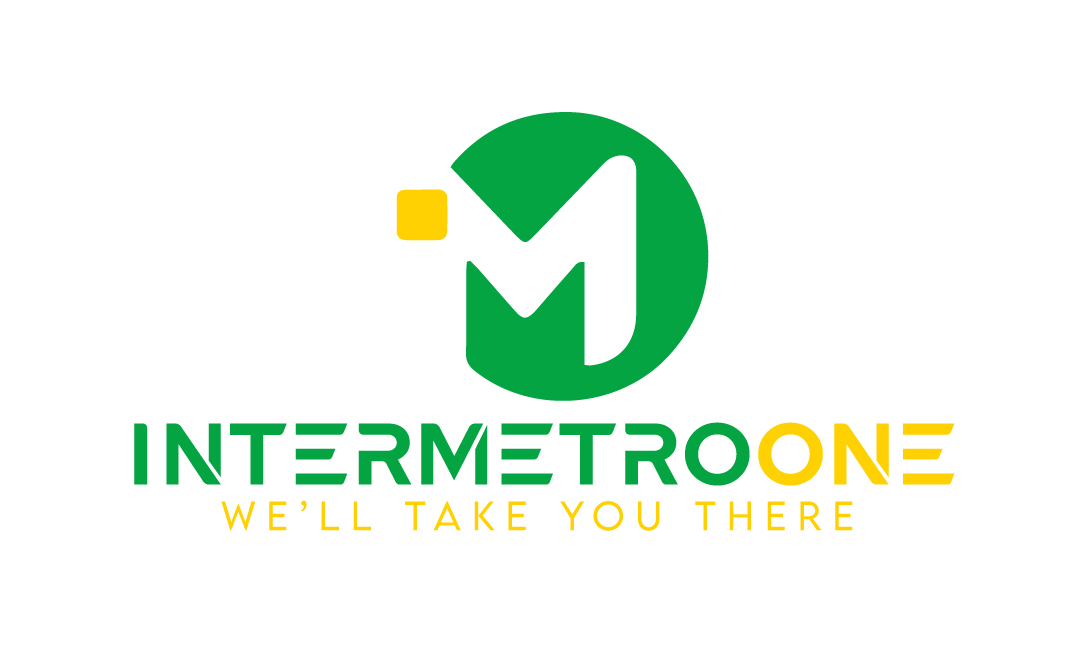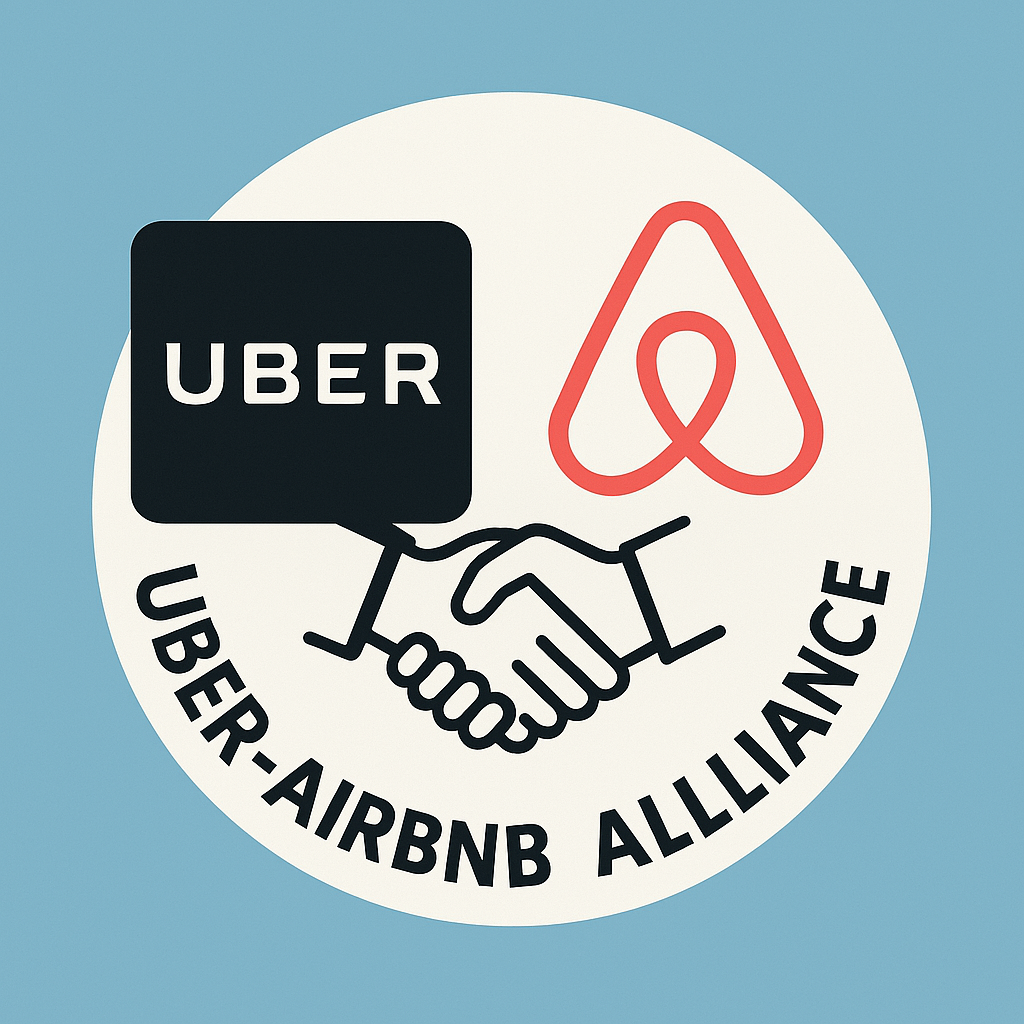Technology
Digital Society Transformation Process Begins In Jamaica

Businessuite News24
Businessuite Special Report P4 | Homegrown Disruption: InterMetroONE & Walkbout.com Position Jamaica’s Answer to Uber–Airbnb
Now is the time for SMEs, associations, and government to align—ensuring that if Uber and Airbnb ever arrive together, Jamaica’s own ecosystem remains vibrant and in control.
Businessuite News24
Businessuite Special Report P3 | Uber x Airbnb: A Strategic Alliance That Could Redefine Jamaica’s Travel Industry – But At What Cost?
The future of Jamaican tourism lies in its ability to integrate into global digital ecosystems without sacrificing local livelihoods. The time for public–private dialogue is now.
Businessuite News24
Businessuite Special Report P2 | Disruption in Jamaica: Uber & Airbnb Business Models
Businessuite News24
India’s 10-Minute Delivery Boom: A Blueprint for Disruption—and a Wake-Up Call for Caribbean Courier Companies
While the Caribbean market differs significantly in terms of geography, population density, and infrastructure, India’s 10-minute delivery trend signals a major shift in consumer expectations and service standards that cannot be ignored. Caribbean courier and logistics companies must take this as a call to evolve or risk irrelevance.
Businessuite News24 International
India’s 10-Minute Delivery Boom: Reshaping Retail, Logistics, and Urban Spaces
India is witnessing a rapid and transformative shift in its retail and logistics sectors through the rise of quick-commerce (q-commerce)—a model that promises to deliver goods within 10 minutes. At the center of this boom are companies like Blinkit (owned by Zomato), Swiggy Instamart, Zepto, and Flipkart Minutes, which are racing to meet the increasing demand for ultra-fast delivery, not just in metropolitan areas but also in tier-2 and tier-3 cities.
-

 Businessuite Markets4 weeks ago
Businessuite Markets4 weeks agoScotia Group Delivers 19% Q2 Profit Growth, Net Income Hits $5B for the Quarter
-

 Businessuite News241 week ago
Businessuite News241 week agoIndia’s 10-Minute Delivery Boom: A Blueprint for Disruption—and a Wake-Up Call for Caribbean Courier Companies
-

 Businessuite News244 days ago
Businessuite News244 days agoBusinessuite Special Report P4 | Homegrown Disruption: InterMetroONE & Walkbout.com Position Jamaica’s Answer to Uber–Airbnb
-

 Corporate Feature1 week ago
Corporate Feature1 week agoNot Just Vanity Metrics: A Digital Leader Focused on What Matters
-

 Businessuite News24 International1 week ago
Businessuite News24 International1 week agoIndia’s 10-Minute Delivery Boom: Reshaping Retail, Logistics, and Urban Spaces
-

 Businessuite Women2 weeks ago
Businessuite Women2 weeks agoDorothea Gordon-Smith Marks 50 Years of Quiet Power in Waste Management
-

 Businessuite Markets6 days ago
Businessuite Markets6 days agoEduFocal Faces Equity Deficit of $135M Amid $314M in Accumulated Losses
-

 Business Insights4 weeks ago
Business Insights4 weeks agoYou Can’t Fix What You Can’t See: Why Jamaica Broilers’ U.S. Collapse Wasn’t Just Financial, It Was Strategic


















